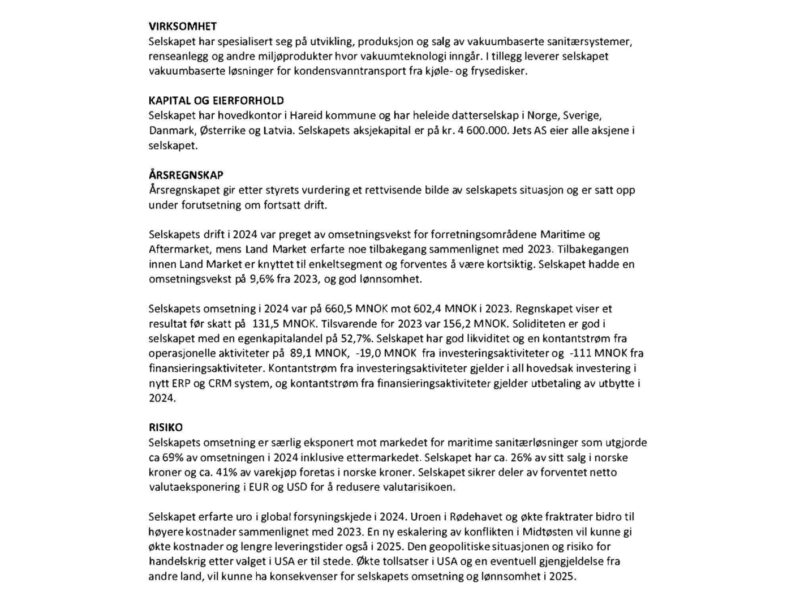JETS’ Responsible Supply Chain
The Norwegian Transparency Act obliges companies such as JETS to prevent human rights violations and work towards decent workers’ rights throughout the value chain. We work with our suppliers for continuous improvement and to mitigate potential negative impacts to people in our supply chain, and work actively to fulfil UN Sustainable Development Goals number 8 and 12.
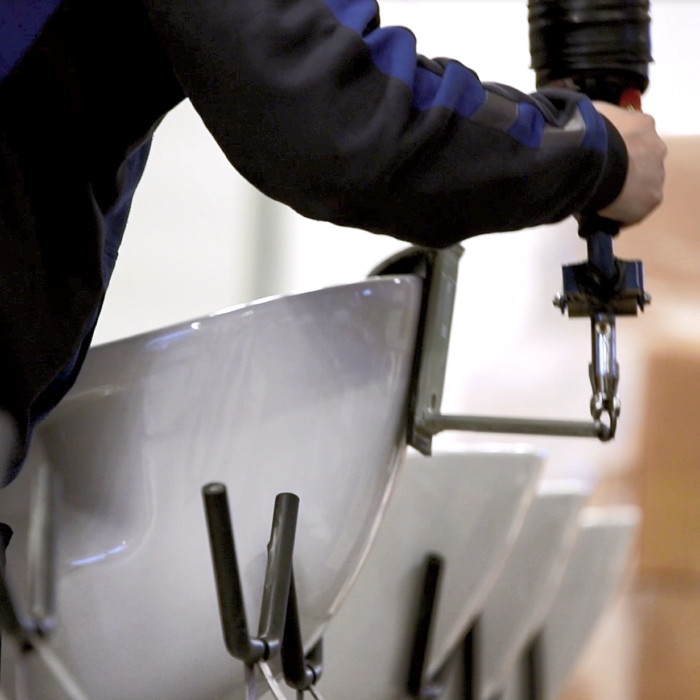
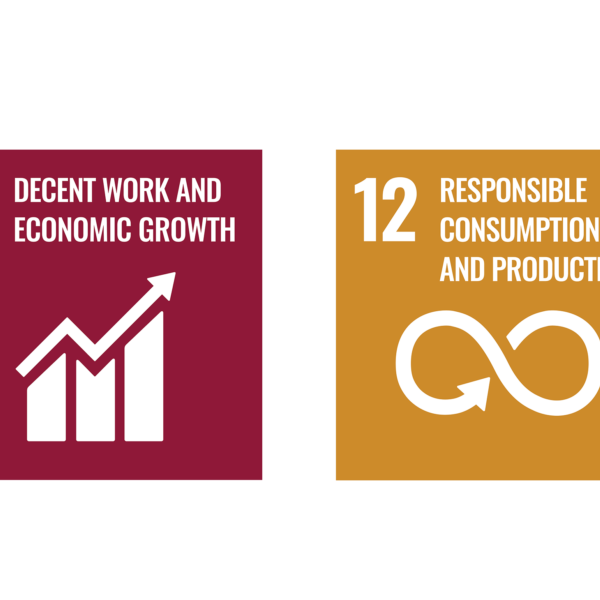
Why it matters
Sustainability is one of the pillars of the JETS business model. By delivering eco-efficient vacuum technology and waste handling we help businesses all over the world to minimize their environmental footprint. Our main goal is to waste less of one of the planet’s key resources, fresh water. Jets® technology helps reduce water usage by up to 90%. Lower consumption, lower emissions, and less waste of key resources.
Our more than 100 suppliers and partners are important contributors to help achieve our goals. Transparency and dialogue are critical for success. We believe that our ESG-efforts will contribute to future profitable growth, and we will continue our cooperation with our partners throughout our supply chain to minimize potential negative effects on the environment and our surroundings. We will work for transparency and traceability of key sustainability data for our products.
Our approach
A sustainable supply chain is an integral part of the group’s ambitions and long-term strategy.
We have established a supplier due diligence process to select, onboard and develop suppliers. JETS’ supplier code of conduct, reviewed and updated in 2022, will help set clear expectations and define requirements and frequency of supplier audits from a risk management point of view.
Our approach to responsible sourcing is based on the OECD Due Diligence Guidance for Responsible Business Conduct and can be summarized in 3 steps:
1. Mapping of risks
The goal of the supply chain due diligence process is to map and assess risk. We have established a tool that assesses suppliers’ location or geographic presence with respect to global human rights and corruption indexes. We combine this insight with annual expenditure, industry characteristics, and our length of cooperation with the respective suppliers, in order to prioritize our audit efforts towards suppliers with presumably higher risk and where we consider having the greatest opportunity to influence.
We will continue improving our risk mapping procedures to get a more holistic view of our entire supply chain, from extraction of raw material to manufacturers of sub-components and differentiate our audit process on high -, medium - and low risk suppliers.
2. Clear expectations
JETS’s supplier code of conduct clearly states the minimum sustainability requirements for all our suppliers. The code is based on internationally recognized standards such as the Universal Declaration of Human Rights, UN Global Compact and the ILO Core Conventions, among others.
3. Support and development
We aspire to develop our supply chain and strengthen our positive influence on social aspects in the countries in which we operate directly or indirectly. We focus our attention on health, working environment and safety, and all our activities must adhere to the group’s policy, guidelines and local jurisdiction. We target clear policies and goals related to competence, inclusive employment and personal development, and we work to prevent all forms of discrimination.
In the case of a policy breach, our approach is to establish a closer dialogue around the disturbing issues. Through cooperation with suppliers, we seek to establish a plan to improve critical conditions. In the case of unsatisfying progress on jointly defined actions and/or lack of understanding from our partners, we will terminate the cooperation as a last resort.
JETS’ supply chain
The supply chain process is governed through the group’s supplier code of conduct. The policy was last updated in 2022 and covers topics such as human rights, working conditions, environmental - and climate impact and risk. The code’s main principles is included in and binding through contractual clauses to ensure that suppliers and business partners reflect the values and principles that the Jets Group promotes.
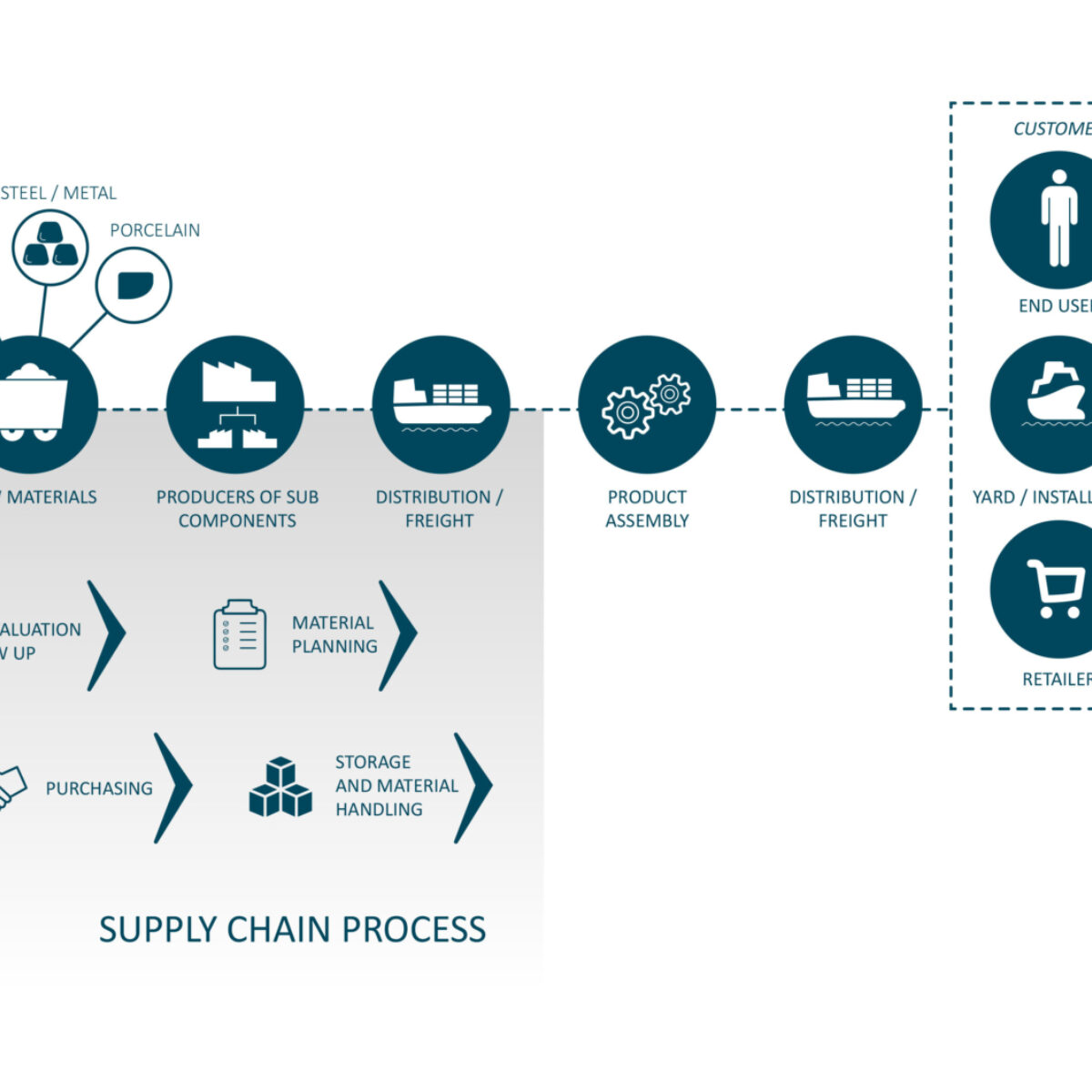
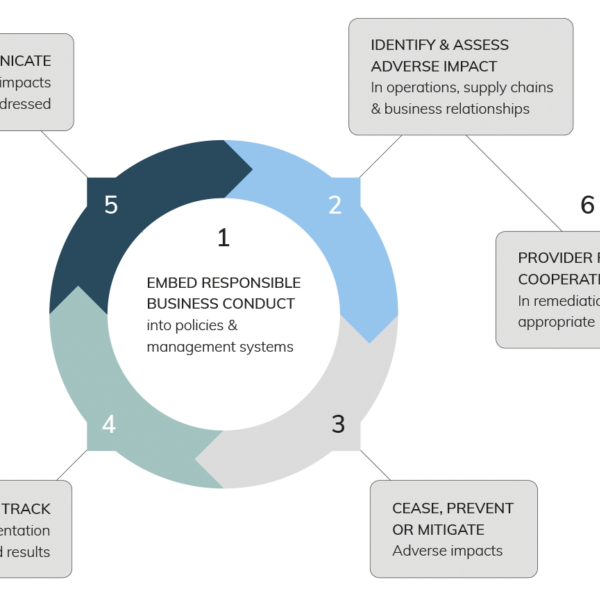
The supplier self-assessment questionnaire was updated in 2022, and has strengthened JETS’ integrity due diligence efforts. In 2023 JETS collected information from suppliers representing approximately 87% of the annual purchasing volume, up from 75% in 2022. JETS applies 3 global indexes to assess potential negative impact; ITUC Global Rights Index, Corruption Perceptions Index and Human Rights Index.
JETS has also created a comprehensive audit plan that targets the business activity and interaction with suppliers. One of several assessment criteria in this plan is integrity due diligence. JETS is in the process of implementing the new routines for assessment and onboarding of new suppliers.
Figure: Due Diligence based on the OECD model
Country risk based on global human rights and corruption indexes
JETS has more than 100 active suppliers globally. More than 80% of all procurement volume (2024) is sourced from suppliers located in Norway and Latvia. Approximately 80% of procurement volume comes from suppliers with more 10 years cooperation history with JETS. 8% of the procurement volume is linked to suppliers located in countries classified as elevated risk.
JETS has sales representatives on all continents. In 2023 16% of group revenues were generated by representatives located in countries classified as elevated risk.
Map illustrating each country’s risk level
Sources:
2021 Corruption Perception Index - Transparency.org: https://www.transparency.org/en/cpi/2021
Human Rights - Our World in Data - https://ourworldindata.org/human-rights
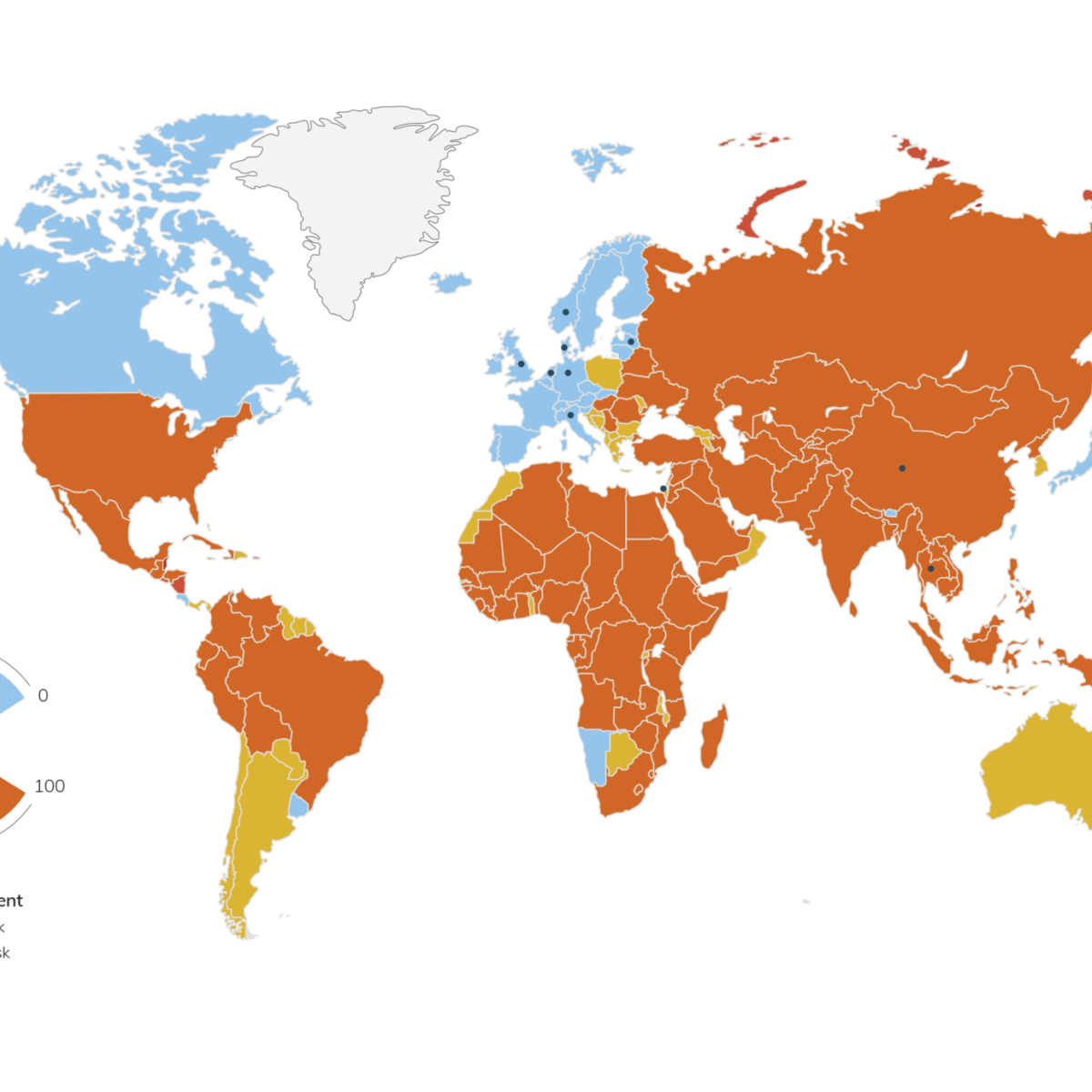
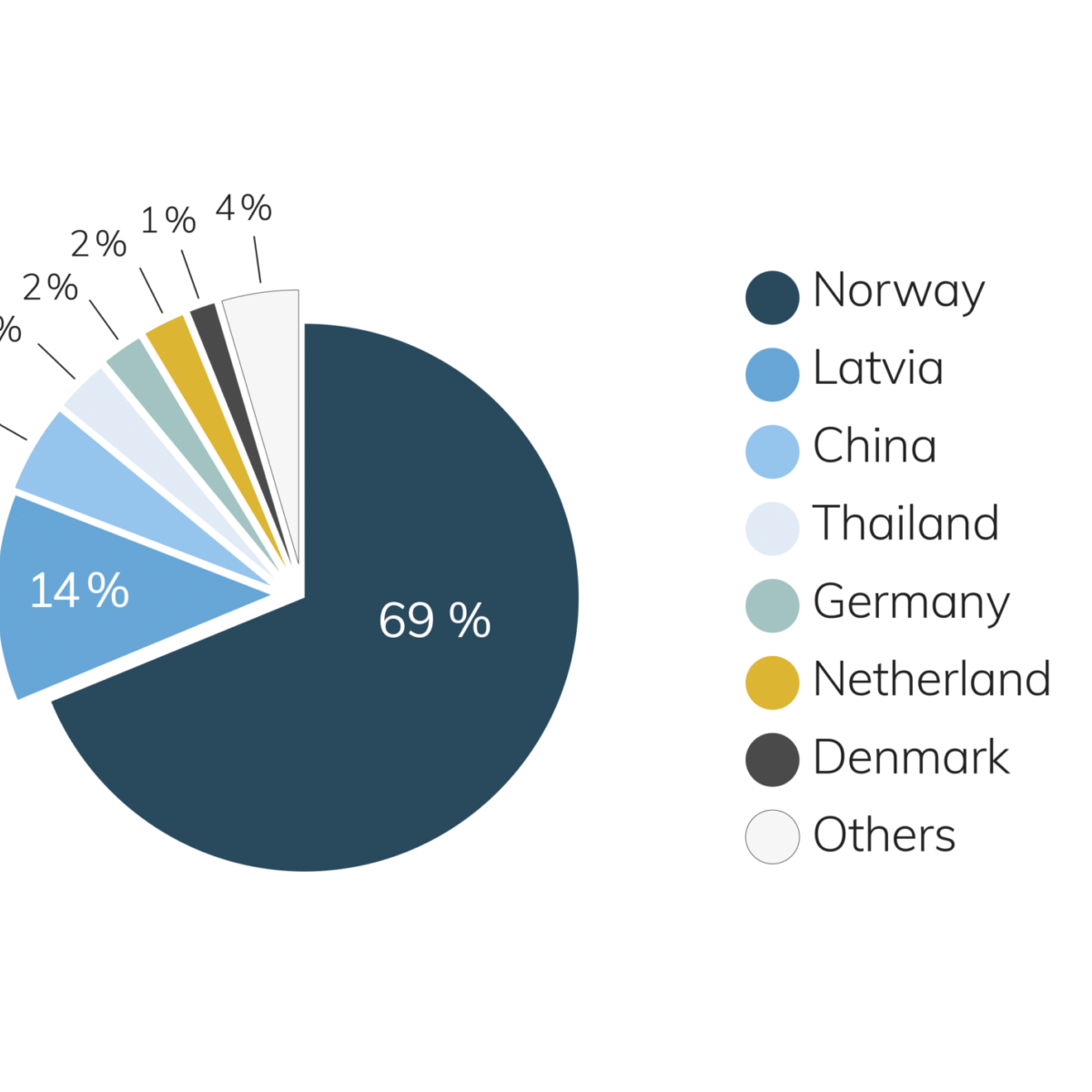
Jets Vacuum's key sourcing countries
Identified risks, negative findings and actions implemented
Per year end 2024, the JETS has completed the assessment of all suppliers 1st line, and has assessed 91% of 2nd line sub suppliers. This is tedious work and will be ongoing throughout 2025. The group has also completed 1st line assessment of sales representatives and will expand its focus to a broader part of the value chain in 2025.
The assessments conducted by the group uncovered some suppliers and sales representatives of higher risk. The integrity due diligence conducted in 2024 was focused on these partners and new information from suppliers was obtained in the process. The group has engaged a 3rd party service provider to assist collecting supplier and product data which in turn will enrich our value chain insights.
So far, no negative findings have been identified. The audit plan, implementation of new routines and contract templates will strengthen our ability to identify cases that are in breach with the Jets Group’s policies.
Jets Vacuum AS annual report (in Norwegian)
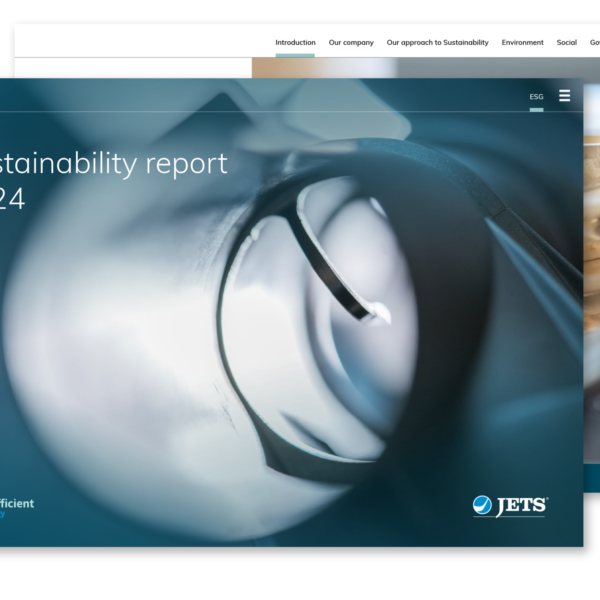
Learn more about our ESG initiatives
True to our business philosophy, we focus on minimising waste of our planet's most valuable resource: water. Our products and innovations are designed to create lasting value for both our customers and the environment.
We invite you to explore our ESG report, where you can learn more about our commitment to sustainability, environmental issues, social matters, and corporate governance.
